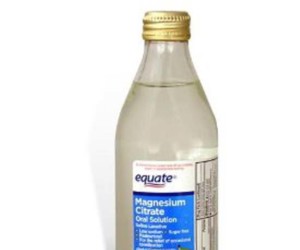Citric acid Anhydrous E330 is commonly used as a flavoring and preservative in various foods and beverages. Applications for citric acid include soft drinks, candies, ingredient in meat tenderizer and an emulsifier in ice cream. Though Citric acid Anhydrous E330 is considered safe, some are convinced it has potentially dangerous health effects.
What Is Citric Acid Anhydrous E330?
Citric Acid Anhydrous E330 is a colorless or white crystalline powder. It is an organic acid that is widely used as food preservative and is often used to add an acidic, or sour taste to foods and soft drinks. It can also be used as an acidulant and flavorant in jams, jellies, and candy.
Possible Side Effects of Citric Acid Anhydrous E330
Although Citric Acid Anhydrous E330 generally regarded as a very safe and effective supplement, there can be some minor side effects. The side effects may:
-
- Stomach cramps
- Diarrhea
- Nausea
- Vomiting
- Skin irritation
- Rashes
GRAS Affirmation: Yes
Generally recognized as safe (GRAS) is an American Food and Drug Administration (FDA) designation that a chemical or substance added to food is considered safe by experts, and so is exempted from the usual Federal Food, Drug, and Cosmetic Act (FFDCA) food additive tolerance requirements. Citric Acid Anhydrous E330 is considered safe.
Suggested Dosage
NA.
Special Populations Precaution
There is a lot of concern about diet and nutrition for these population, like Newborns, children, pregnant, sensitive to Citric Acid Anhydrous populations. Better consult to your doctor if you would like to intake Citric Acid Anhydrous.
Related Research
1. Importance of accurate spectral simulations for the analysis of terahertz spectra: citric acid anhydrate and monohydrate. [J Phys Chem A. 2011 Oct 13] Author: King MD, Davis EA, Smith TM, Korter TM.
2. X-ray crystal analysis of the substrates of aconitase. IX. A refinement of the structure of anhydrous citric acid. [Acta Crystallogr B. 1969 Jun 15] Author: Glusker JP, Minkin JA, Patterson AL.

